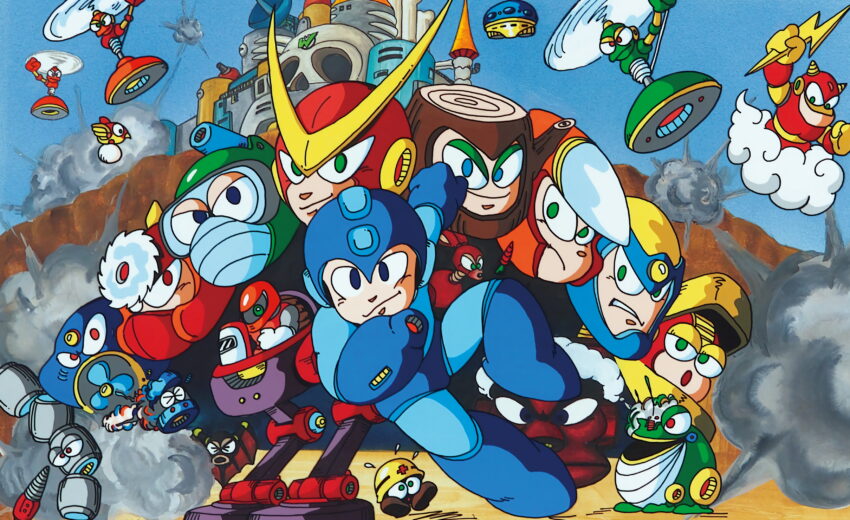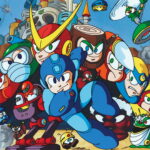
Retro games were unforgiving. You had limited lives, no checkpoints, and no tutorials. If you failed, you started again. It was simple, but not easy. And that simplicity taught something most modern systems don’t: how to focus, persist, and think clearly under pressure.
These lessons aren’t just about games. They apply to how we live, work, and manage our time in a world full of noise.
High Stakes Build Attention
Games like Castlevania or Mega Man punished sloppy play. You couldn’t rush or rely on luck. You had to learn the pattern, wait for the right moment, and act with precision.
That design taught attention. It made you care about your choices. When things mattered, you stayed present. That mindset applies to everything; how you work, how you train, how you speak. The more at stake, the more focused you become.
Repetition Builds Strength
In older games, improvement came from doing the same thing better. You didn’t unlock a shortcut. You got sharper. You got faster. You learned.
Most meaningful goals in life work the same way. You don’t get better by constantly switching tools or chasing new methods. You improve by sticking with one process and refining it over time.
This is true for building a business, learning a skill, or getting stronger in the gym. Progress is often invisible until it isn’t.
Simplicity Creates Focus
Retro games operated within tight limits. Limited buttons. Limited memory. Limited mechanics. But those limits gave clarity. You knew your options. You learned how to use them well.
Modern tools offer more freedom, but also more ways to drift. Too many options can dilute attention. When you set clear boundaries around time, energy, or tools, you stay sharper.
Constraints aren’t restrictive. They’re useful.
Digital Isn’t the Enemy Old games were digital too. But they weren’t designed to hijack attention. They were built to challenge it.
The problem isn’t the screen. It’s how the screen is used. Not all digital experiences are shallow. Some can help you think, reflect, and engage more deeply. But that only happens when you use tech with intent.
It’s the difference between playing something that demands skill versus consuming something that numbs you.
Struggle Creates Meaning
The hardest games left the deepest impressions. You remember the boss that took an hour. You remember beating it because it wasn’t easy.
Effort adds value. That’s true in games and in life. If something came too quickly, you wouldn’t respect it. Struggle makes the result real. It gives context to success.
Final Thought
Discipline isn’t a mindset you adopt in one moment. It’s a system you build over time. You create it by setting limits, showing up, and choosing long-term clarity over short-term ease.
Retro games didn’t teach that through slogans. They taught it through structure. No shortcuts. No resets. Just practice, patience, and presence.
The format may be old, but the lesson isn’t.
